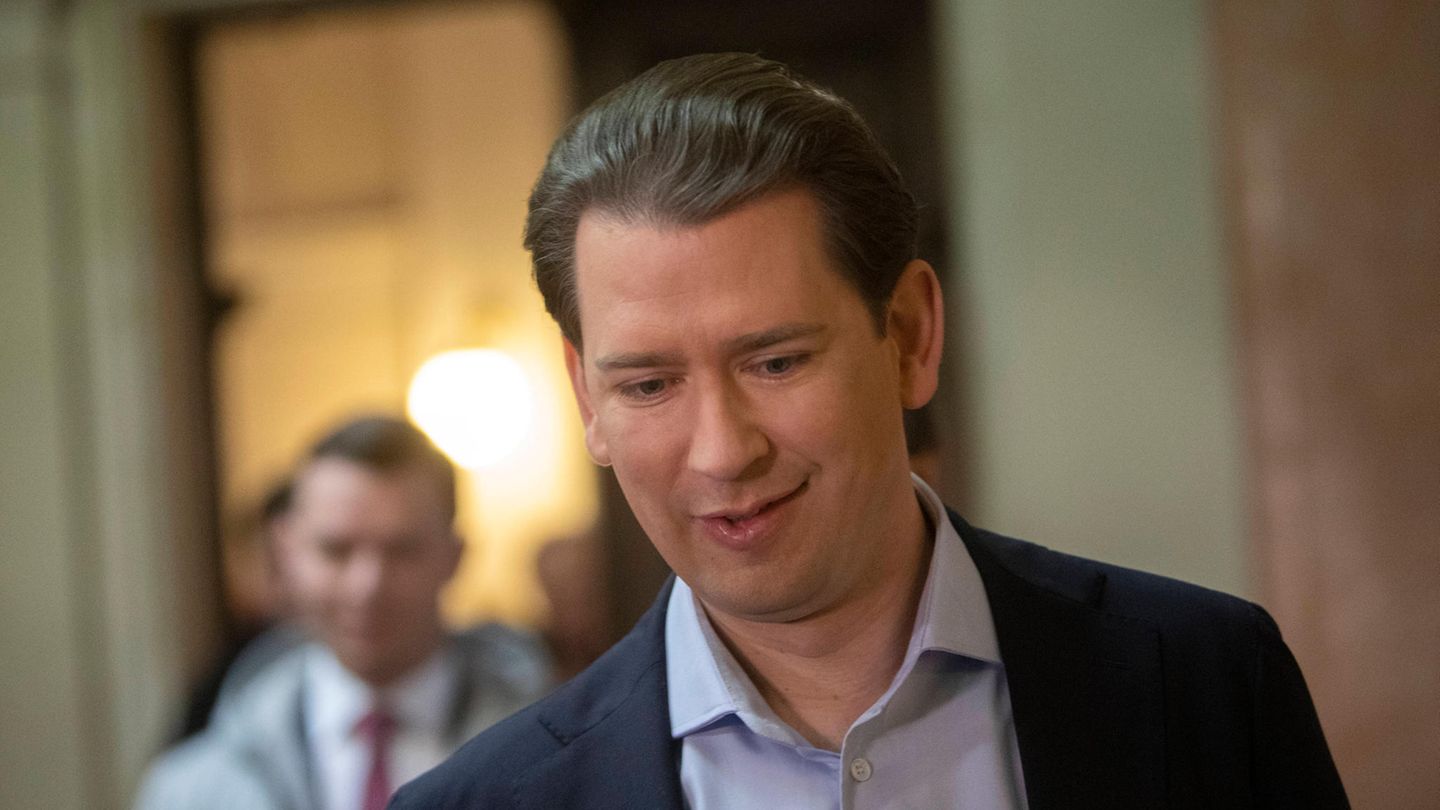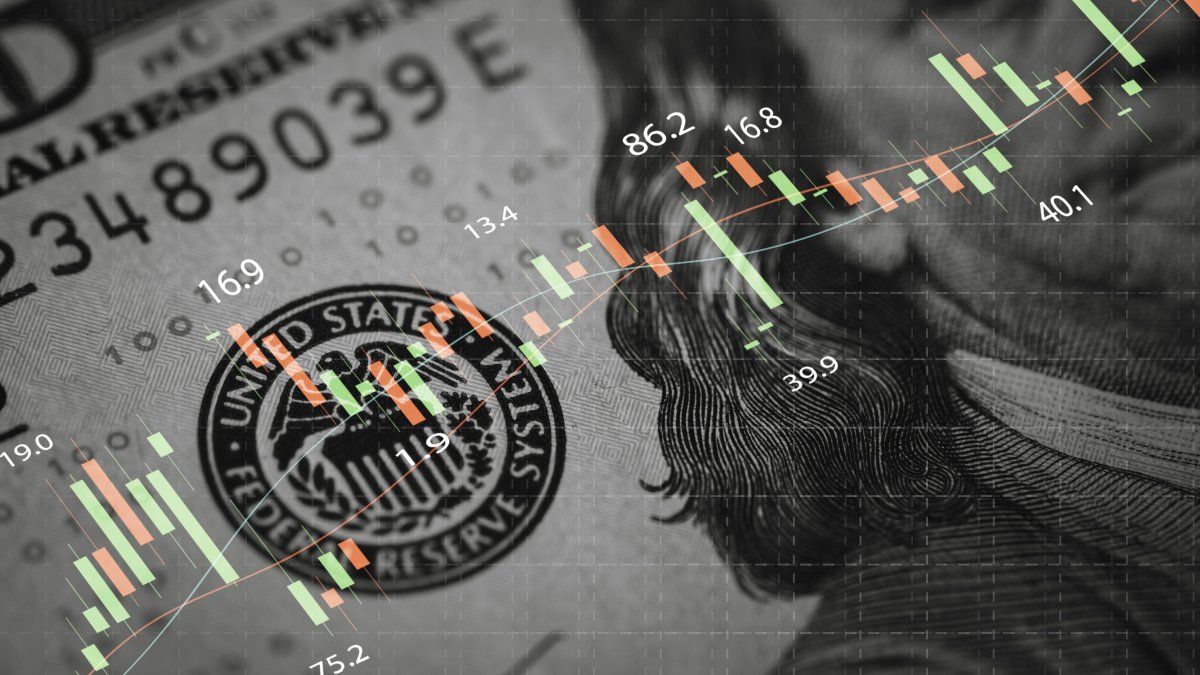In the Ibiza Committee of Inquiry, the then Chancellor Sebastian Kurz was asked what influence he would have had on positions close to the state. The court now considers his answer to be a false statement.
Austria’s former chancellor Sebastian Kurz was sentenced to a suspended sentence of eight months for making false statements. In its ruling on Friday, the Vienna Regional Court considered it proven that Kurz had exercised greater influence in the appointment of the supervisory board of the state holding company Öbag than he had admitted to the Ibiza investigative committee. Öbag manages the state’s investments in various companies.
Kurz told the parliamentary investigative committee in 2020 that he was informed about the events of the Öbag boss, his confidant at the time, Thomas Schmid, but did not actively intervene. In the case of Schmid’s appointment as head of Öbag, the judge acquitted the former head of government of the accusation of making false statements.
The public prosecutor’s office had demanded a suspended sentence and a fine. “Rarely has a case of false testimony been presented so clearly,” said senior public prosecutor Gregor Adamovic on Friday in his plea before the Vienna regional court. In contrast to his statements before the Ibiza committee of inquiry, the former head of government had an active influence on the filling of the top position at the state holding company Öbag with his confidant Thomas Schmid, he argued. During his time in government, Kurz generally secured the right to veto and intervene in personnel decisions, the prosecution continued.
Sebastian Kurz denied allegations
A false statement is not a trivial offense, especially when a Federal Chancellor testifies before a parliamentary committee, said Adamovic. Kurz did not live up to the role model function of politicians, said public prosecutor Roland Koch.
The trial was followed with excitement in Austria. The Alpine republic is facing a super election year with local and state elections, the European elections and the National Council election, which is expected to take place at the end of September. The conviction of Kurz, who was very popular as chancellor and ÖVP leader, is likely to provide campaign ammunition for his political opponents. “If an ex-chancellor is convicted, it becomes a millstone for the ÖVP in terms of corruption and nepotism,” says political consultant Thomas Hofer.
Another trial is imminent
The 37-year-old Kurz, who now works as an entrepreneur after his resignation and fundamental departure from politics at the end of 2021, had always emphasized his innocence. From 2017 to 2019 he headed a coalition between the ÖVP and the right-wing FPÖ. From 2020 to 2021 he led an alliance between the ÖVP and the Greens. In connection with the Ibiza affair involving ex-Vice Chancellor and ex-FPÖ leader Heinz-Christian Strache, which was exposed in 2019, parliament set up a committee of inquiry into the “suspected venality of the black-blue government”. The committee should investigate suspicions of corruption and nepotism during the time of the ÖVP-FPÖ coalition.
At the time of his statement in the summer of 2020, Kurz was more popular than ever, especially given his management of the Corona crisis. He had always promised the citizens a “new style” without the nepotism that was widespread in Austria. This is one reason why he described his influence in the Öbag occupation as “informed” but not “involved” in the investigative committee.
Aside from the current trial, the ex-chancellor is threatened with a second trial. In the so-called advertising affair, the then head of government and his team are said to have commissioned fake surveys with taxpayer money. They are also said to have hoped for well-meaning coverage by placing advertisements in various media. The investigation into suspicion of bribery, corruption and breach of trust is ongoing against ten suspects.
Note: This article has been extensively updated to include additional information.
Source: Stern
I have been working in the news industry for over 6 years, first as a reporter and now as an editor. I have covered politics extensively, and my work has appeared in major newspapers and online news outlets around the world. In addition to my writing, I also contribute regularly to 24 Hours World.




